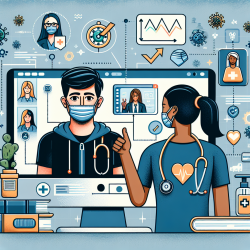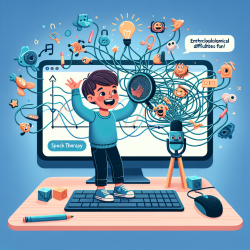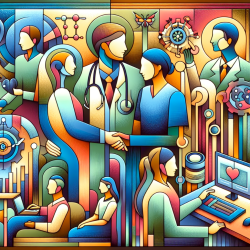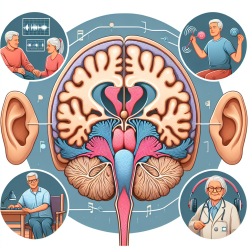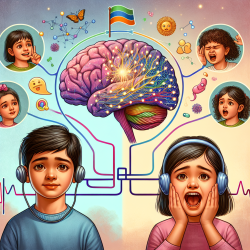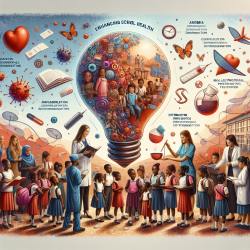Introduction
Antimicrobial resistance (AMR) is a formidable global health threat, exacerbated by the misuse and overuse of antibiotics. The World Health Organization (WHO) has highlighted the urgent need for novel antibiotics to combat resistant pathogens. However, the discovery of new antibiotics is a slow and costly process. This is where artificial intelligence (AI) steps in, offering innovative solutions to accelerate drug development and improve clinical outcomes.
The Role of AI in Antibiotic Discovery
AI has revolutionized various fields, including medicine, by enhancing the efficiency of drug discovery. According to a study titled "Antimicrobial resistance crisis: could artificial intelligence be the solution?" AI is being used to identify novel antibiotics, optimize drug structures, and predict resistance mechanisms. These advancements are crucial in addressing the growing threat of AMR.
Implementing AI in Clinical Practice
For practitioners, incorporating AI into clinical practice can significantly improve patient outcomes. AI-driven models can analyze vast datasets to identify potential drug candidates, predict patient responses, and personalize treatment plans. By leveraging AI, practitioners can make data-driven decisions that enhance the effectiveness of antimicrobial therapies.
Encouraging Further Research
While AI offers promising solutions, continuous research is essential to refine these technologies. Practitioners are encouraged to stay informed about the latest AI advancements and participate in collaborative research efforts. By doing so, they can contribute to the development of innovative therapies that combat AMR more effectively.
Conclusion
AI is a powerful tool in the fight against antimicrobial resistance. By integrating AI into drug development and clinical practice, we can accelerate the discovery of novel antibiotics and improve patient outcomes. Practitioners play a vital role in this process by embracing AI technologies and contributing to ongoing research efforts.
To read the original research paper, please follow this link: Antimicrobial resistance crisis: could artificial intelligence be the solution?



